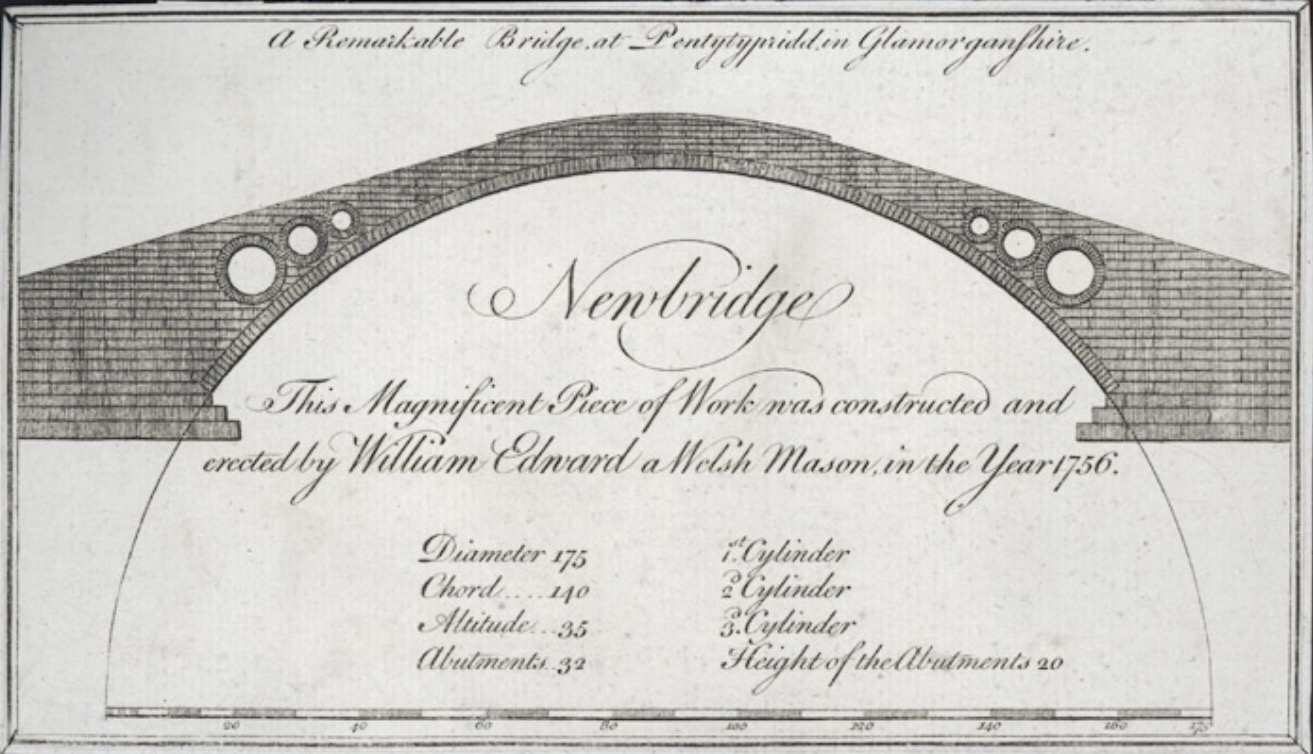Ask the internet and often it delivers more than you expected. Today was one of those days.
About two weeks ago I ended up in a Twitter discussion with Shirley Ayres and Paul Taylor about how much time gets wasted in meetings. It started with a post about are meetings are the symptom of bad organisation, and ended up with some ideas around calculating just how much meetings cost.
One of the things mentioned was doing the following calculation, in your head:
Number of people x Hourly pay x Hours spent meeting = Meeting Cost*
*This doesn’t include travelling to the meeting or preparation time, which probably needs to be built-in, but it’s a good starting point.
The idea is that you then compare this cost of meeting figure against the benefits that have resulted from having the meeting, simple. The benefits should be greater than the costs. However, calculating the monetary value of the benefits of a meeting is a bit more difficult to work out.
That was where I left the discussion until Shirley and Paul picked things up again this morning (I have a good reason for being absent, honest).
Say hello to Meeting Ticker and Clockwork Meetings, these are two very helpful programmes that allow you to display the costs of your meetings. To quote Nick Atkin of Halton Housing Trust, “this would shorten meetings by about 75%”. This is how they work:
Meeting Ticker was introduced by Paul this morning. This is open source software which has been developed on GitHub by Toby Tripp, Lydia Tripp, and Roy Kolak. It is worth reading the explanation of why Meeting Ticker was developed ….’expensive consultants sitting on their butts for hours on end’ was a big motivator (sound familiar?).
This is very straightforward to use; you add in the number attending, make an estimate of the hourly salaries and press start. You then watch a meter rapidly adding up the pounds and pence with “stop the bleeding” written dramatically below. It is slightly mesmerizing and would shorten meetings I’m sure.
A couple of observations:
- Meeting Ticker is written on GitHub, open source software so anybody (with the necessary coding skills) could develop it further, for example to include a choice of salary ranges or a salary calculator.
- It might not work using Internet Explorer. There is an advisory note saying “If this works on Internet Explorer, it is purely by accident”. Worth knowing if your organisation (there are plenty) only allows an ancient version of Internet Explorer as the web browser.
Clockwork Meetings This afternoon Ed Bullock from Halton Housing Trust came up with this free app on iTunes. It is just as easy to uses as Meeting Ticker, you add the number of attendees, hourly salary cost and press start. The big difference is the ability to set an audible ‘click’ to make a noise at set intervals. Just what you need in case you forget the fact there is ‘money on the clock’.
The discussion hasn’t ended here. There is a lot of activity ongoing to find the best on-line salary calculator that could be used in conjunction with either of these applications.
I’d suggest that you also need a large screen in the meeting room, so that everyone can see the costs rising as the meeting progresses (or drags on). Hopefully it will focus minds to think about costs and benefits.
I know we haven’t yet worked out how we measure the benefits of meetings. Maybe that’s something Shirley can encourage debate about next weekend?
So what’s the PONT?
- There seems to be software programme or app for just about anything you can think of, somewhere on the internet. You just need someone to look in the right place.
- A highly visible display of the costs of a meeting is likely to have an impact on how people behave and long the meeting takes.
- Slight word of caution here. Don’t let this approach fall into the wrong hands. I worry that a few people might misuse ‘meeting cost measures’ and force people into hasty decisions, when a more thoughtful consideration of the evidence is required.
Picture source: Meeting Ticker http://tobytripp.github.io/meeting-ticker/
Clockwork Meetings: https://itunes.apple.com/ye/app/clockwork-meetings/id384045562?mt=8



Leave a reply to Chris Bolton Cancel reply